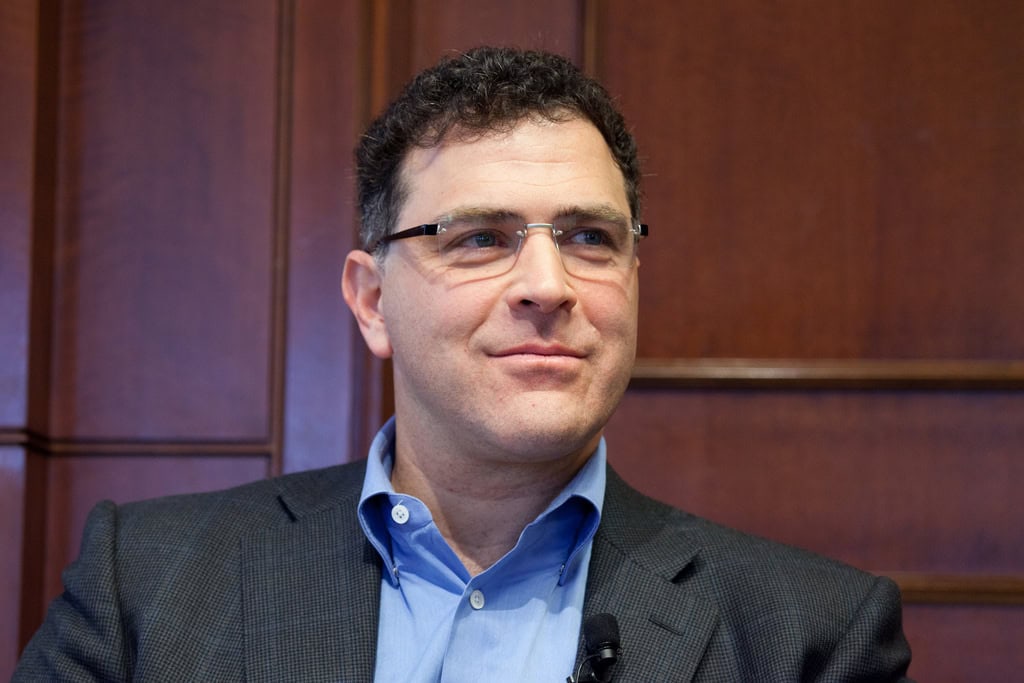
Elliot Schrage, the high-profile exec who heads Facebook’s public policy and communications efforts, is leaving the company after a decade at the social media giant, according to a company spokesperson.
Schrage, who joined Facebook from Google where he held a similar position running global communications and public affairs, will stay on at the social networking giant for a time to help hire his replacement. He’ll then serve as an advisor to Facebook CEO Mark Zuckerberg and COO Sheryl Sandberg.
In his tenure at Facebook — Schrage just celebrated his 10-year “Faceversary“ in May — he has became one of the most influential voices inside the company, working closely with top executives like Sandberg and Zuckerberg, often traveling with them on international trips.
“After more than a decade at Facebook, I’ve decided it’s time to start a new chapter in my life,“ Schrage said in a statement to Recode. “Leading policy and communications for hyper growth technology companies is a joy — but it’s also intense and leaves little room for much else. Mark, Sheryl and I have been discussing this for a while.“
This is so, according to many sources, who said Schrage has been contemplating a departure for a while. Still, a spate of recent controversies around the mismanagement of the massive platform has weighed on the company and some have justifiably criticized Facebook’s slow and overly cautious response to the crisis. Schrage has been the point person on that response.
Most recently, for example, Schrage has been a key player in coordinating Facebook’s response to the company‘s Cambridge Analytica privacy scandal, which has included lots of apologizing by Zuckerberg and a promise from the company to “take a broader view of our responsibility.” When Zuckerberg testified before Congress in April, Schrage was sitting in the hearing room.
While Facebook was initially slow to respond to the scandal, it has since been relentless in pushing its messaging and making a number of moves to open up its platform and be more transparent about the huge amount of data it has collected. Schrage has been pushing internally for Facebook to be more open with outsiders and came up with the idea for Facebook’s ”Hard Questions” blog series. He has also been overseeing Facebook’s recently formed independent elections commission.
Still, the breadth of Facebook’s reach and questions of how much data it collects continues to be a big issue for the company and how well it communicates that externally will be critical. Numerous media reports continue to focus on how it shares user information with outside partners and how well — or badly — it monitors its platform. The upcoming midterm elections will a a big test for Facebook, too, especially after the 2016 election in which trolls tied to the Russian government used Facebook‘s platform to try and sway voters.
Schrage’s departure is notable not only because he’s influential inside Facebook but because top executives hardly ever leave the company. Facebook just finished a major reorg for its product and engineering teams, but Schrage’s team was also restructured. Longtime VP of Communications Caryn Marooney split her job running all of Facebook’s communications, keeping the product communications responsibilities and giving corporate comms to Rachel Whetstone, another former Googler and, more recently, head of comms at Uber.
Schrage will help look for his own replacement, and Facebook plans to search externally to bring someone in. In the meantime, Facebook has Marooney and Whetstone running the communications team, and VP of Global Public Policy Joel Kaplan, who was also in the congressional testimonies and by Zuckerberg’s side in Brussels last month, to run the policy side.
Facebook COO Sheryl Sandberg also shared a statement with Recode.
Elliot is one of the most creative and strategic people I have worked with. He’s been instrumental in building our policy and communications teams as well as pushing many of our key initiatives — including the recent publication of our community standards, data about our effectiveness enforcing those standards and the creation of an independent election commission. Mark and I look forward to his ongoing advice over the years ahead.

